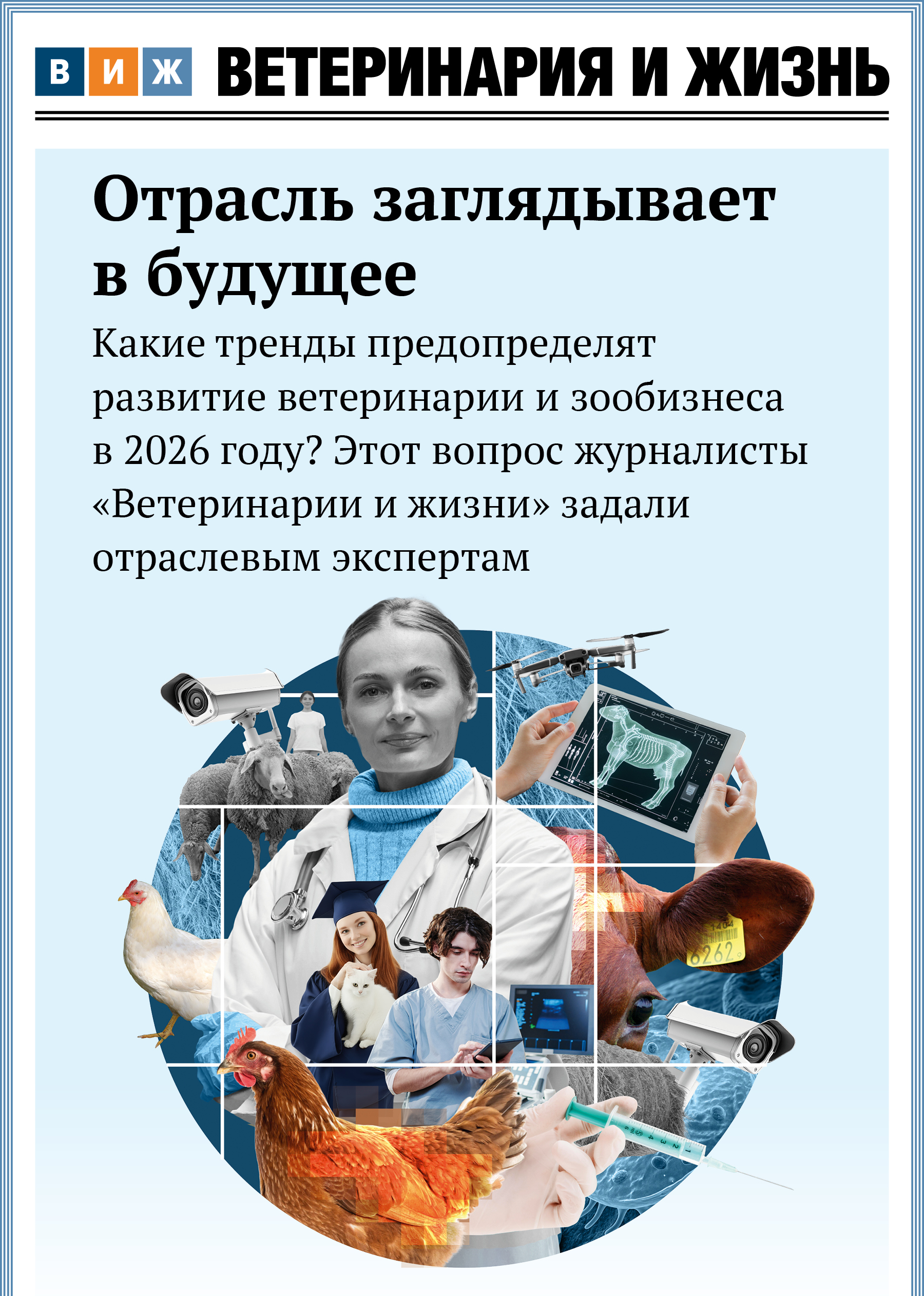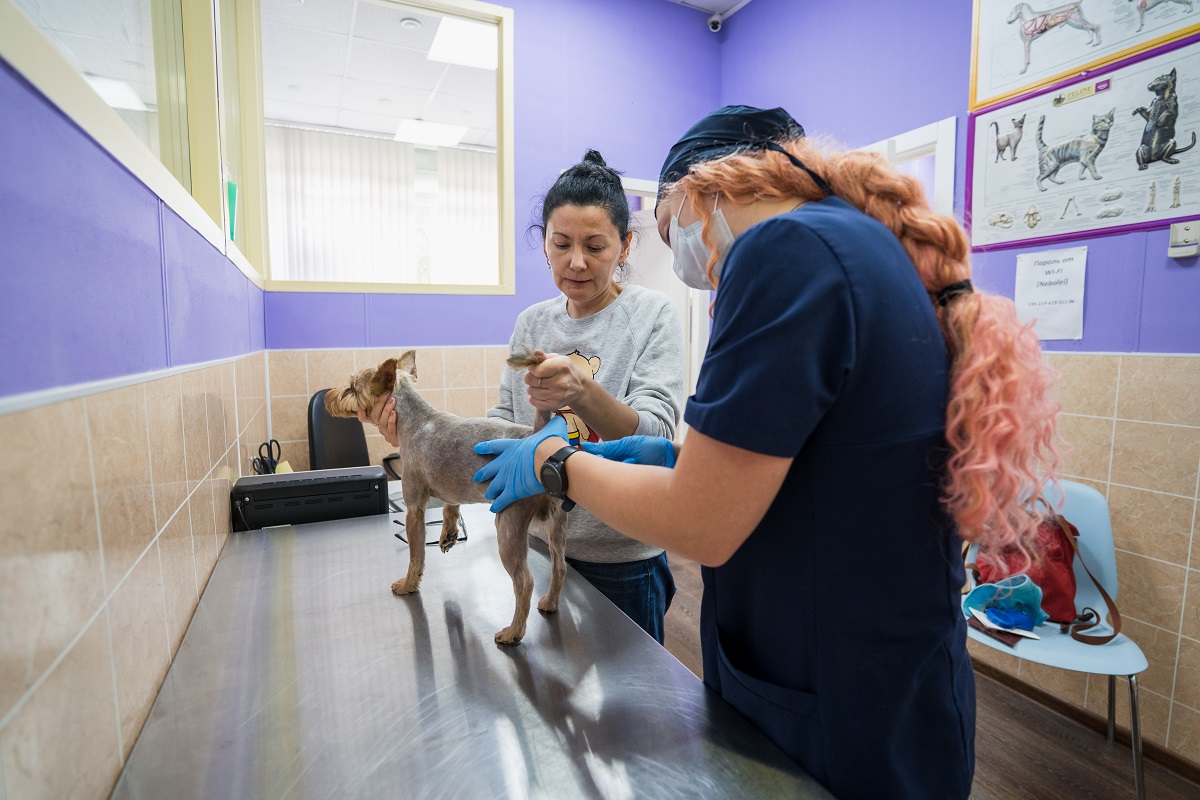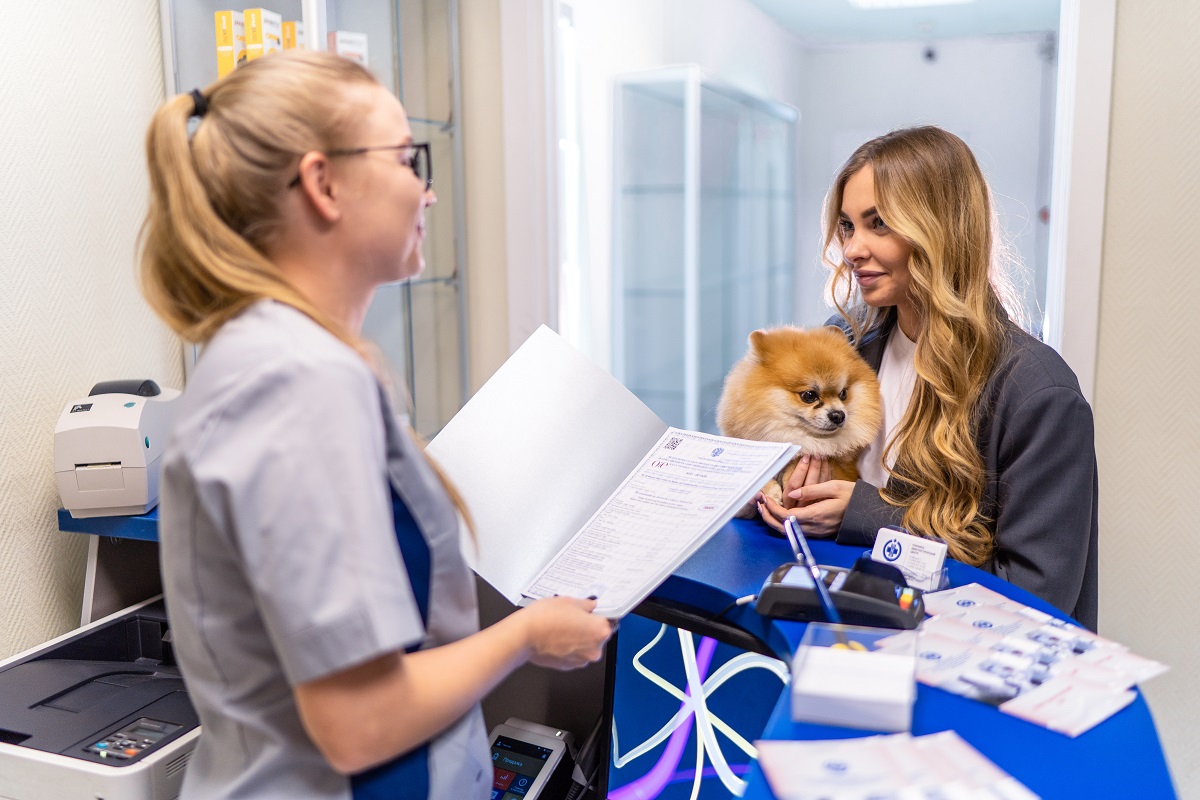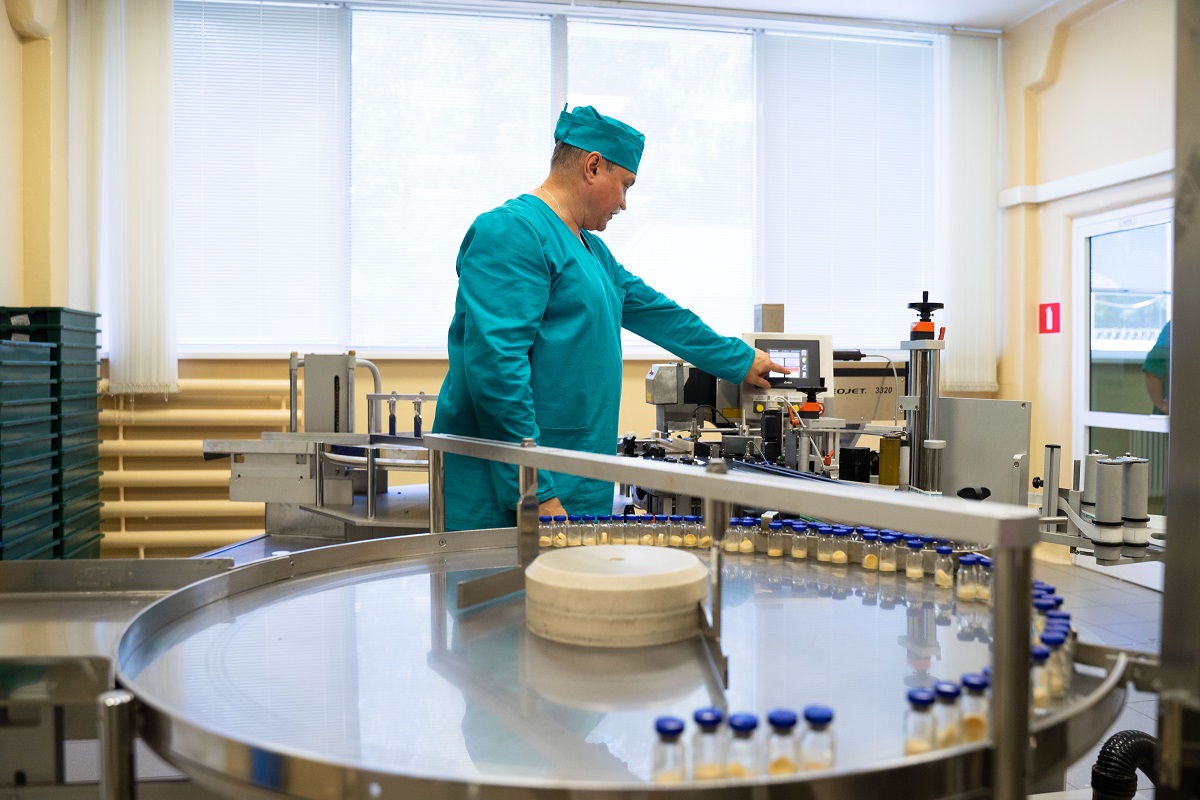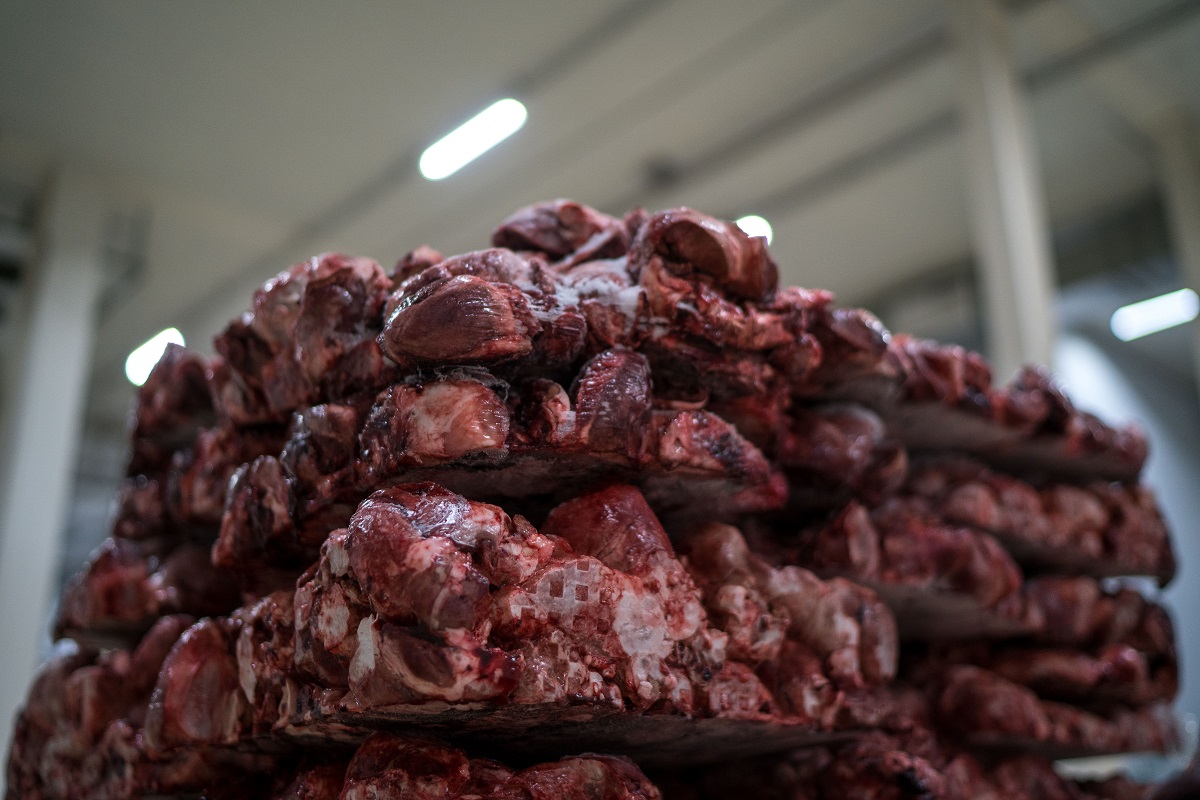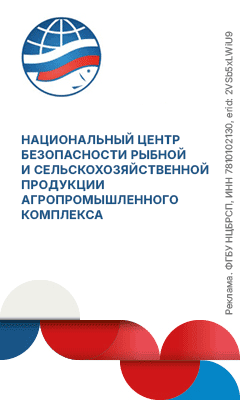It is clarified that the new method is based on a yeast strain produced from Komagataella pastoris strain.
At present the number of domestic dogs in Russia and other counties is growing rapidly, therefore the prevention and treatment of viral diseases in domestic animals is of great concern, said in the patent’s description.
According to experts, plague, parvovirus, parainfluenza and infectious hepatitis became the most dangerous diseases of dogs. Scientists say that interferon therapy, particularly based on interferon gamma, can become an effective tool for disease control.
The new method is called “recombinant plasmid, method of its construction and Komagataella pastoris yeast strain - producer strain of dog immune interferon-gamma".
“This innovation will pave the way for research and development of a wide variety of pharmacological proteins to be used in veterinary medicine (and potentially in healthcare), thanks to the unique platform through which it was obtained. Thus, the target products are marketed in a low cost category due to high productivity of yeast producer strains and cheap nutrient media used for cultivation. In addition, the most important advantage of the method is that it reduces the likelihood of dangerous adverse reactions in animals’ immune system,” said Dmitry Muzaev, a postgraduate student at SPbU.
It is worth mentioning that the biotechnologists from the SPbU laboratory managed to create a yeast strain from Komagataella pastoris, which can become a producer strain in order to manufacture animal drugs using Canis familiaris interferon gamma.
The new animal drug could become the first veterinary drug of this category in Russia, emphasized scientists.


